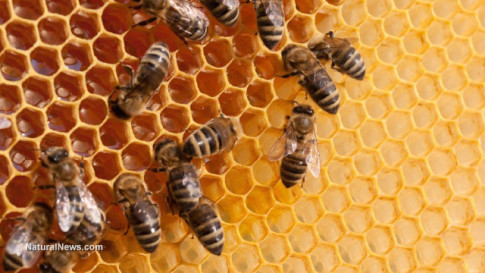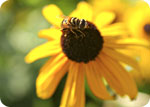Propolis is also anti-cancer (!!!), anti-parasite in general and does help to stop neurofibromatosis.
*****
– Bee propolis: One of nature’s most effective antibiotics:
Though not as well-known as honey or pollen, bee propolis is a bee-derived product that has its own plethora of health benefits. Various cultures have recognized the amazing medicinal properties of this resinous combination of saliva, beeswax, and sap. From being used as an abscess treatment by the Greeks to the Assyrians applying it onto wounds to fight infections, bee propolis is a truly miraculous substance that you should take notice of. Why? Well, that’s because bee propolis is a potent natural antibiotic.
There are well over a hundred beneficial compounds present in bee propolis. This diversity and abundance of compounds has contributed to bee propolis having notable antimicrobial, antioxidant, antibacterial, and anti-fungal properties.
Read moreBee propolis: One of nature’s most effective antibiotics





